EDITORIAL
Published on 23 Oct 2024
Editorial: Natural methane emissions in a changing arctic – implications for climate and environment
doi 10.3389/feart.2024.1508196
- 615 views
8,221
Total downloads
42k
Total views and downloads
EDITORIAL
Published on 23 Oct 2024
ORIGINAL RESEARCH
Published on 11 Jul 2024

ORIGINAL RESEARCH
Published on 14 Jun 2024
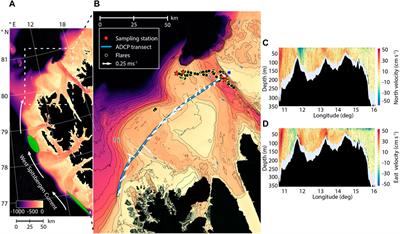
ORIGINAL RESEARCH
Published on 14 May 2024
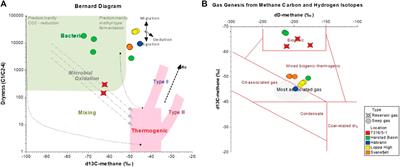
REVIEW
Published on 26 Apr 2024
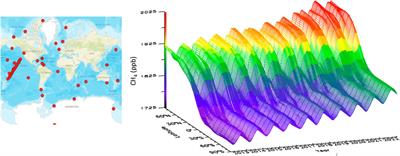
ORIGINAL RESEARCH
Published on 22 Apr 2024
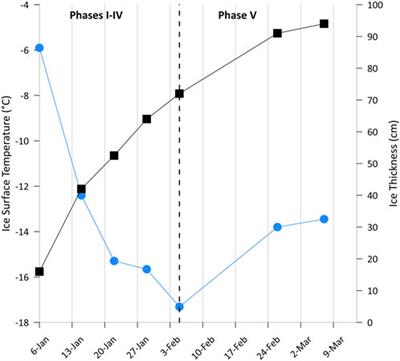
ORIGINAL RESEARCH
Published on 16 Apr 2024
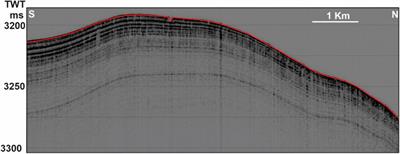
ORIGINAL RESEARCH
Published on 09 Apr 2024
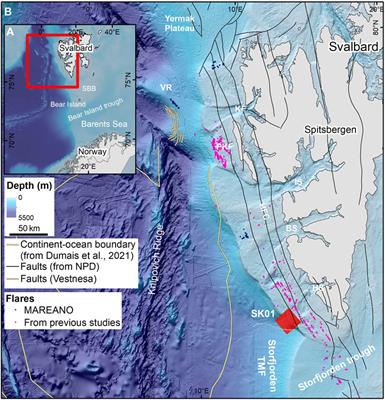
ORIGINAL RESEARCH
Published on 08 Apr 2024
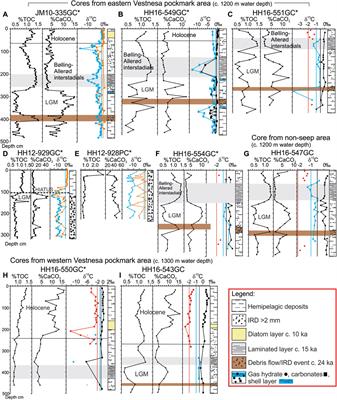
ORIGINAL RESEARCH
Published on 01 Mar 2024
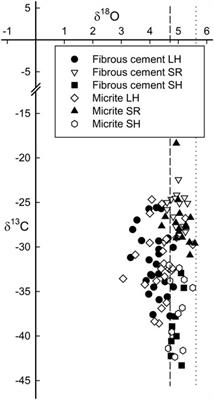
ORIGINAL RESEARCH
Published on 07 Feb 2024
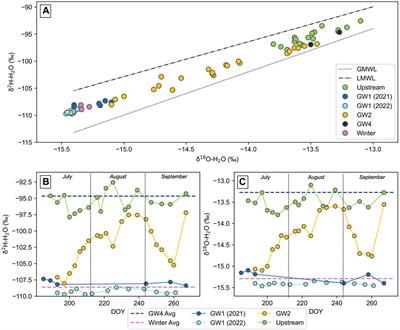
ORIGINAL RESEARCH
Published on 15 Dec 2023

